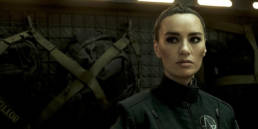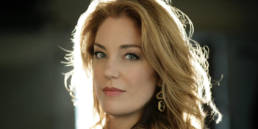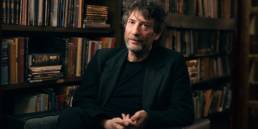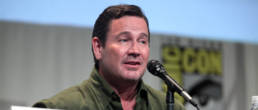
You’ve probably seen enough TV series to have come across this name more than once. From the mid-‘90s and all the way into the ‘10s, David Nutter’s directorial career has spanned an impressive number of television pilots—of the 20 he has directed thus far, 16 were picked up by networks. So, if you’ve got a show you want to see take off, Mr Nutter is the man you want handling your pilot.
With several prestigious awards under his belt, including 3 Emmys and a Hugo, the American director has demonstrated a marvellous versatility in terms of theme and style when shooting his pilots, establishing a remarkable streak that has turned him into a favourite of many showrunners. For good reason, too, so it’s worth taking a moment to analyse David Nutter’s evolution as a director and understand what it is, exactly, that makes him so… awesome.
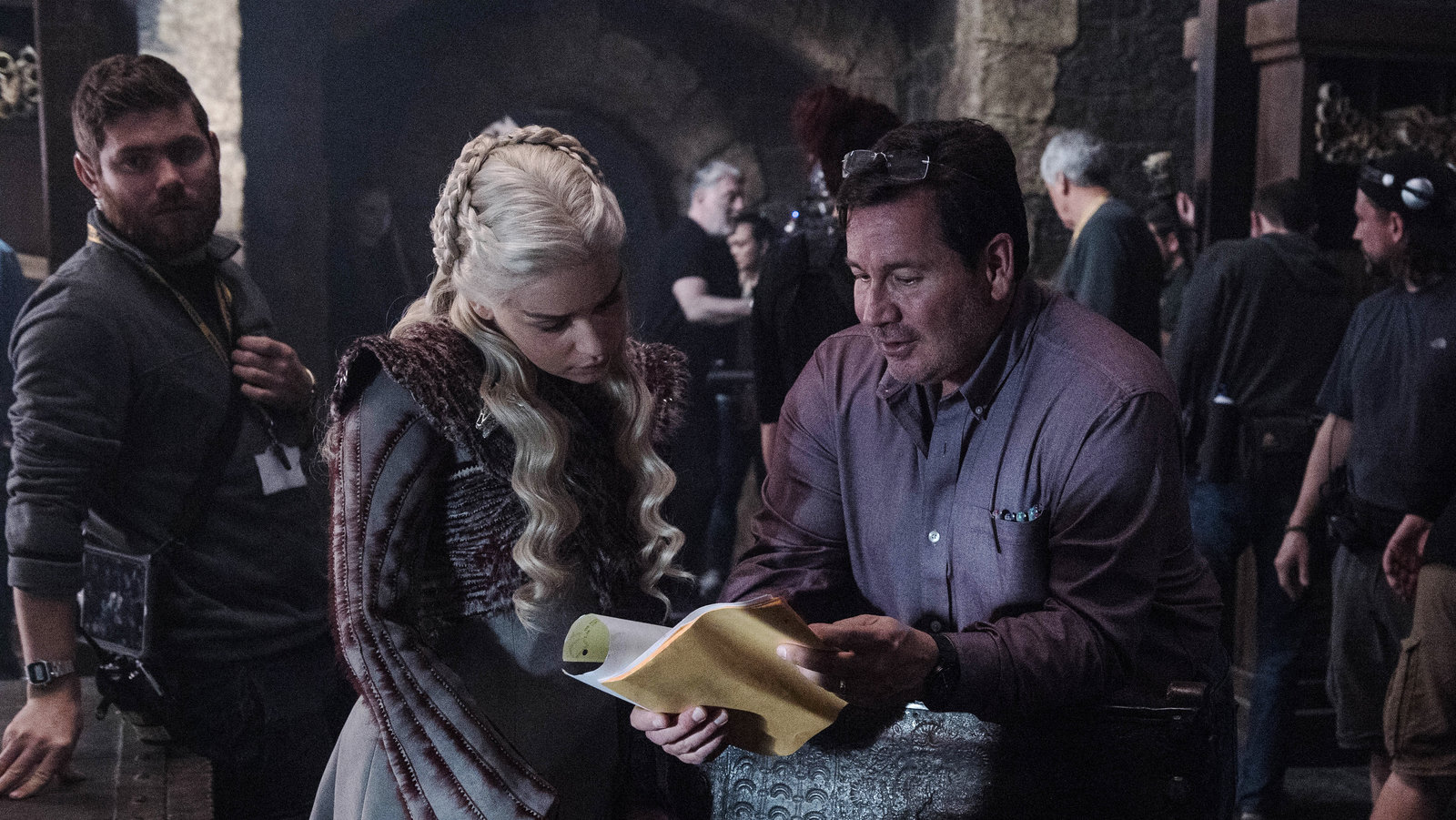 ©HELEN SLOAN/HBO
©HELEN SLOAN/HBO
The Early Days
David lost his father at a young age, and he was raised by a single mother. Growing up, the future storyteller found comfort and magic in the world of comic books. He would often cut characters out and study their angles, sometimes coming up with characters of his own—a director’s persona was gradually shaping up before he even knew it.
Alas, Mr Nutter grew up imagining himself as the next Frank Sinatra, enrolling in the University of Miami to pursue a musical education. It wasn’t long before he realized that it wasn’t a road he truly wished to take, so he enrolled in a Super 8 film class in the early ‘80s with the intention of perhaps going on to write music for movies, instead. It was during that particularly formative period that he decided to become a director, blaming Warren Beatty’s ‘Reds’ (1981) for the final nudge.
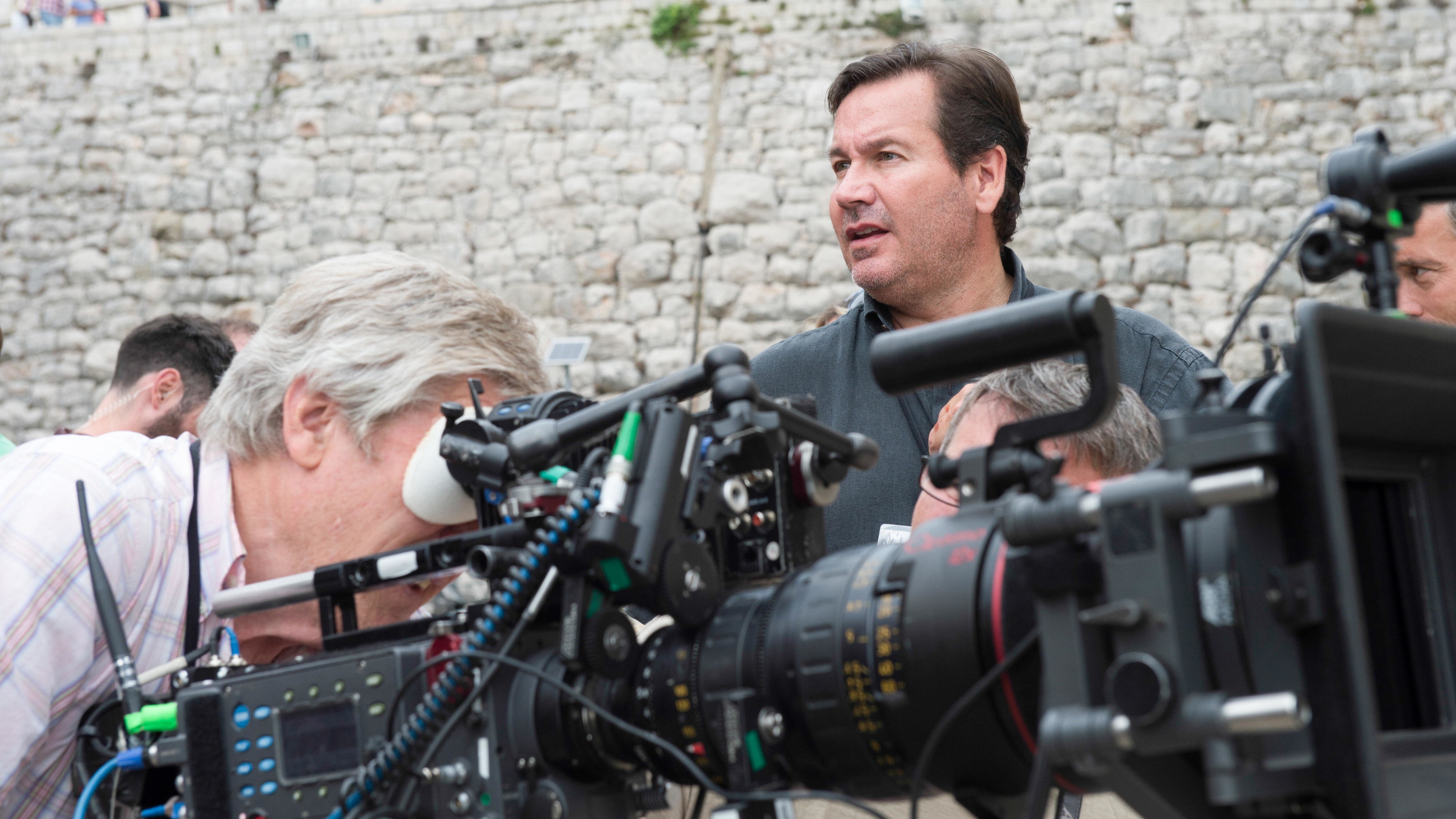 ©MACALL B. POLAY/HBO
©MACALL B. POLAY/HBO
The Budding Career
‘Cease Fire’ (1985), starring Don Johnson, was David Nutter’s first credited project, the first of few features he has ever done. But it was ’21 Jump Street’ (1987-1991), created by Stephen J. Cannell and Patrick Hasburgh, and featuring a young, wide-eyed Johnny Depp, that propelled Nutter into the television industry. He directed three episodes of the series and worked on a few other projects before he was brought on to do the pilot for ‘Space: Above and Beyond’ (1995-1996), a sci-fi adventure series created by Glen Morgan and James Wong. That was his very first pilot. I suppose you never forget your first.
Shortly afterwards, Mr Nutter joined Morgan and Wong on Chris Carter’s ‘The X-Files’ (1993-2018), for which he directed 15 of what would later become some of the show’s most memorable episodes. Worth mentioning here: ‘Ice’, inspired by the John Carpenter classic ‘The Thing’ (1982); ‘Beyond the Sea’, which sees Brad Dourif delivering a most brilliant performance; ‘Firewalker’, starring the young but decidedly promising Bradley Whitford; and ‘Little Green Men’, which kickstarted the series’ second season and further cemented ‘The X-Files’ as a grand work of science fiction mystery.
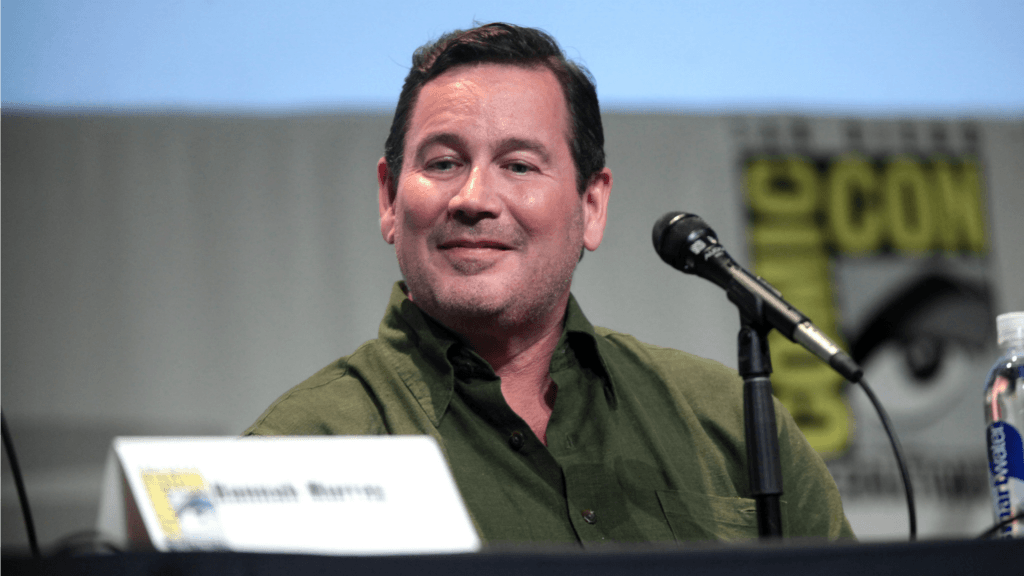 ©GAGE SKIDMORE/COMICCON
©GAGE SKIDMORE/COMICCON
The Pilot Whisperer
After ‘Space: Above and Beyond’ and his work on ‘The X-Files’, David Nutter’s talents were in high demand, reason for which he was able to carefully choose what projects he wished to be involved with—a privilege few TV directors have, if you think about it. Given how well he got along with Chris Carter, it’s no surprise that Mr Nutter was asked to direct the pilot for ‘Millennium’ (1996-1999), followed by three more episodes in the series, including one of my own personal favourites, ‘Gehenna’.
A year later, he gave the feature-length format another shot with ‘Disturbing Behavior’ (1998), starring the most wide-eyed James Marsden, Katie Holmes, and Nick Stahl I’ve ever seen. In an interview with DGA’s Quarterly Magazine, Nutter described the project as ‘a terrible experience’, the worst he’s ever had. The flop was quickly smothered by another television hit, however, as Nutter was given the opportunity to shoot the pilot for ‘Roswell’ (1999-2002) and James Cameron’s ‘Dark Angel’ (2000-2002), both tremendous successes with their respective audiences.
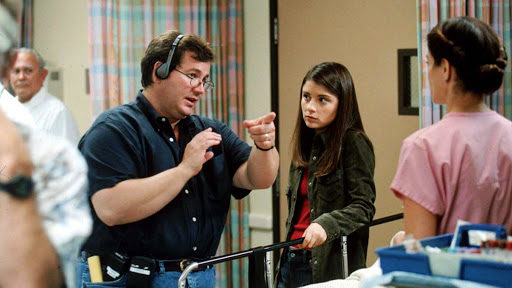 ©20TH CENTURY FOX TELEVISION
©20TH CENTURY FOX TELEVISION
He was reunited with his beloved comic book medium soon afterward upon shooting the pilot for ‘Smallville’ (2001-2011), the first television success of superhero-inspired tales since… whew, ‘The Flash’ (1990-1991). That same year, Nutter won his first Emmy award for his directing work on ‘Band of Brothers’ (2002), a precious accolade that would later triple through another alignment with HBO.
The pilot for ‘Supernatural’ (2005-2020) sort of made history, as it spawned one of the longest running and most beloved shows of the small screen. Nutter stayed with the series for one more episode before moving on. Four years later, he directed the pilot for ‘Terminator: The Sarah Connor Chronicles’ (2008-2009), starring Lena Headey and Summer Glau, and ‘The Mentalist’ (2008-2015), the latter remembered as high among the best scripted TV series of the entire decade. Mr Nutter only had 9 weeks to prepare, shoot, and edit the memorable episode which graced us with Simon Baker’s first and truly stellar performance as Patrick Jane.
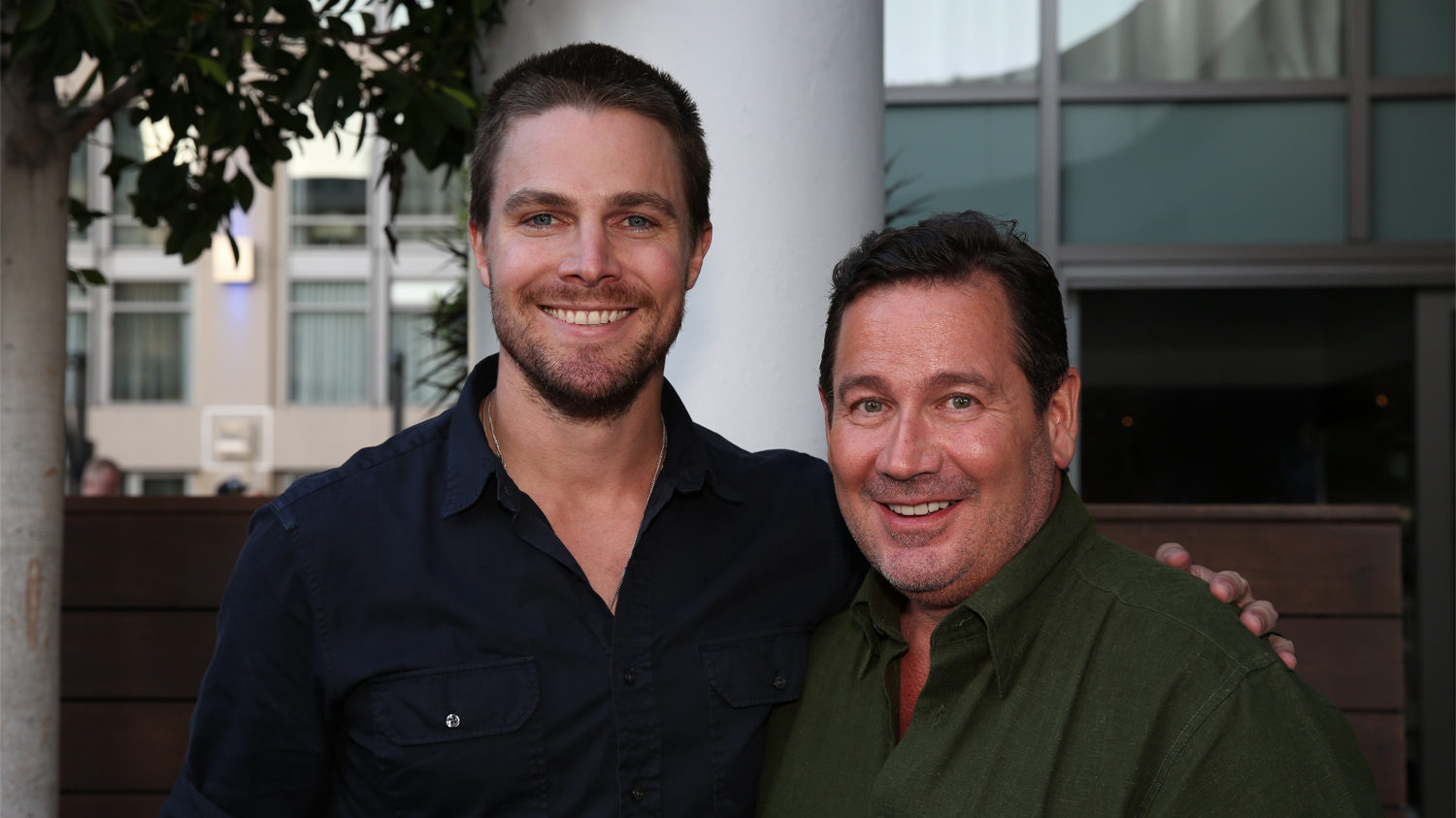 ©WBEI/WARNER BROS. TELEVISION
©WBEI/WARNER BROS. TELEVISION
While I won’t be listing all of his pilots here, I will mention the work he did for ‘Arrow’ (2012-2020) and ‘The Flash’ (2014), the latter a CW reboot of the popular DC Comics speedster superhero, as both pertain to Nutter’s appreciation of the comic book medium. Of course, while he is recognized as ‘the pilot whisperer’ by most in the industry, his streak of successful firsts was broken ten years ago, when CBS chose not to pick up Rina Mimoun’s ‘The Doctor’. It hasn’t stopped him from directing exceptional episodes, though.
The Magnificent Contributions
Some of Nutter’s non-pilot works can be traced across multiple genres and networks, from his ‘100,000 Airplanes’ episode for Aaron Sorkin’s ‘The West Wing’ (1999-2006) and Michael Crichton’s ‘ER’ (1994-2009) to ‘Join the Club’ for ‘The Sopranos’ (1999-2007), which earned him yet another Emmy nod, and the 10 episodes he executed for ‘Entourage’ (2004-2011). By then, he was a darling of the Home Box Office for their serialized projects.
One of his best-loved forays into established series was the ‘Game On’ episode he did for ‘Homeland’ (2011-2020). Claire Danes’ character was tragically complicated and struggled against so many inner demons, yet she was able to go in and out of Carrie Mathison’s skin with the flip of a switch. Much like James Gandolfini before her, it became clear to Nutter that actors want to be directed, whether they’re dealing with the pilot or any of the episodes that follow.
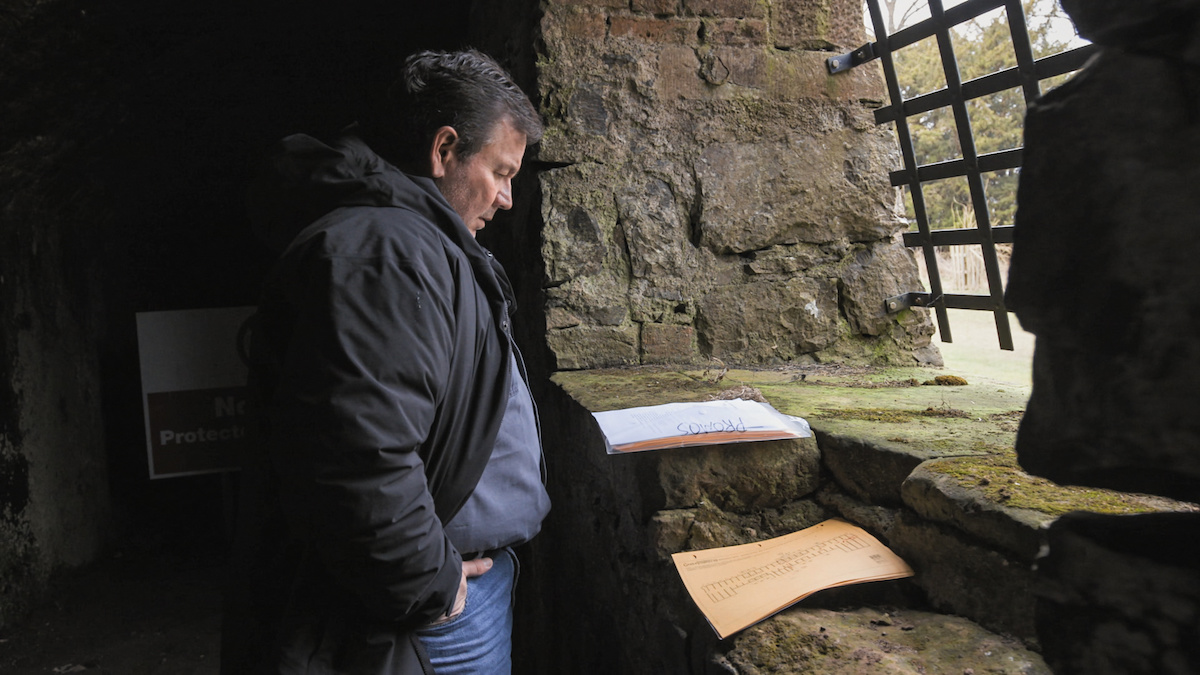 ©HBO/HOME BOX OFFICE
©HBO/HOME BOX OFFICE
Every other year, John Wells and Paul Abbott’s ‘Shameless’ (2011-2021) requested David’s experienced guidance for some of its episodes. The results were as expected—hilarious, profound, and startlingly dynamic. But it was Nutter’s work on HBO’s ‘Game of Thrones’ (2011-2019) that brought him two more Emmy awards, and deservedly so.
He did 9 episodes for the ‘A Song of Ice and Fire’-inspired series, including the infamous ‘The Rains of Castamere’ and ‘The Dance of Dragons’. For the former, Nutter explained in an interview that the stakes were ridiculously high and the pressure almost crushing, as he’d been invited to do The Red Wedding earlier during season 2. By the time he got around to shooting the actual scene, the director decided to tackle the banquet massacre sequentially.
‘In some respects, I looked at it almost as an opera. It was all about how I set up the tables in the room, how I positioned who was going to sit where. […] It was sort of like dominos, where we could keep the tonality going so when we got to the really intense stuff, we were shooting it one after the other and building on top of the drama—building to a climax’, Nutter told DGA’s Quarterly Magazine. Yet it was the finale of season 5, ‘Mother’s Mercy’, that got the Emmy for Outstanding Directing.
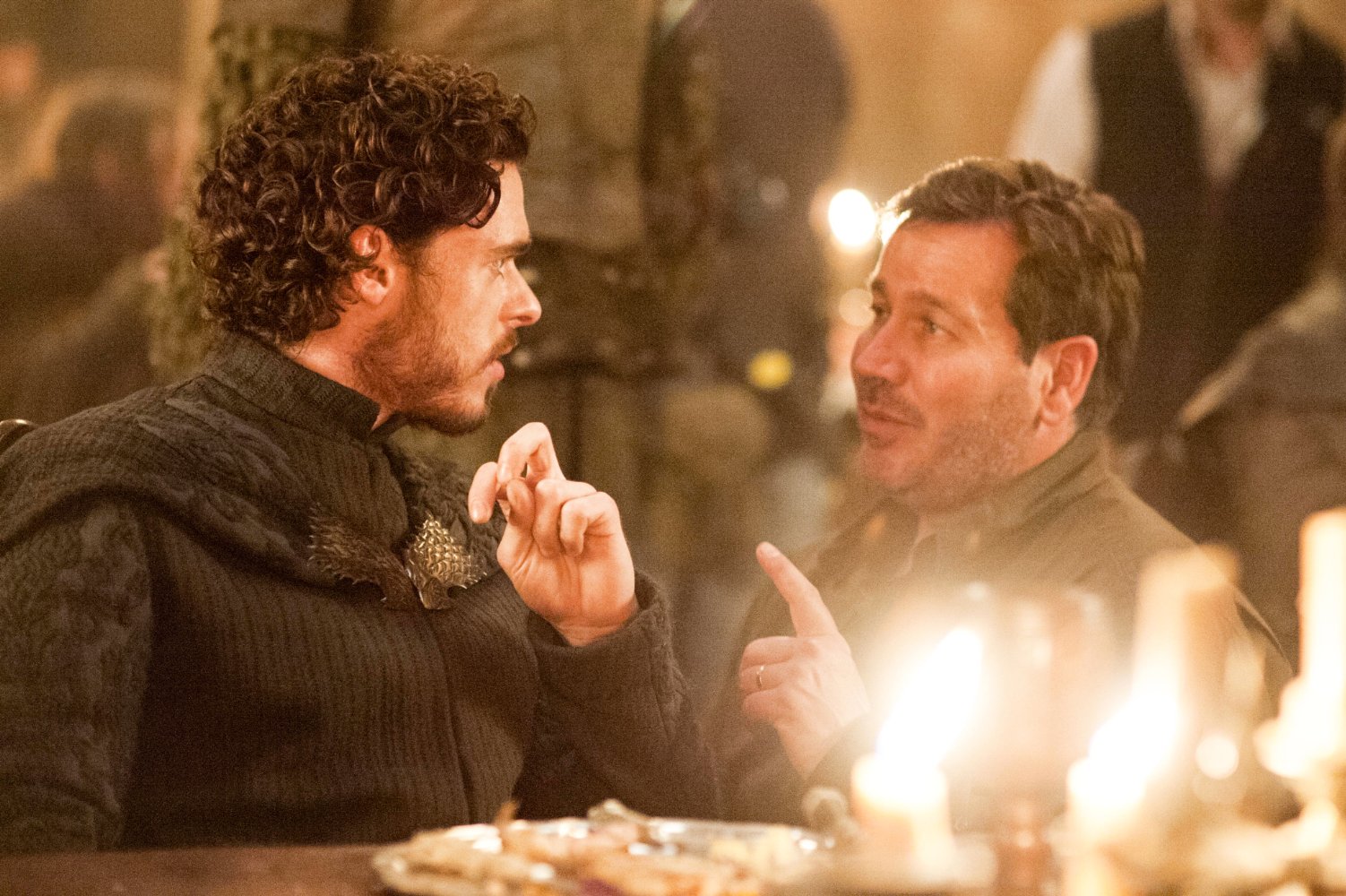 ©HBO/HOME BOX OFFICE
©HBO/HOME BOX OFFICE
The Director’s Approach
For David Nutter, the craft of televised storytelling hangs on the emotional element. He won’t pick up an episode—be it a pilot or not—if the screenplay doesn’t move him, if the story being told doesn’t stir him on a deeper level. As a director, he follows the script, first and foremost, which is why the writing is so important. ‘I don’t like to be noticed. I don’t want to be someone whose shot takes you out of the dramatic sequence or takes you out of the emotional story that you’re trying to tell’, he says. The focus is always on making the story connect with the audience.
Working closely with the writers, Nutter is keen on forging tight bonds with the cast and crew, as well, which is why he dedicates a significant amount of time in dealing with the actors individually, taking them to hang around the sets and filming locations prior to the actual shooting so they can get a feel for their world and their characters within it. Over the years, he has built lasting rapports with specific industry professionals across different projects. Why, he’s done 10 pilots with editor Paul Karasick alone.
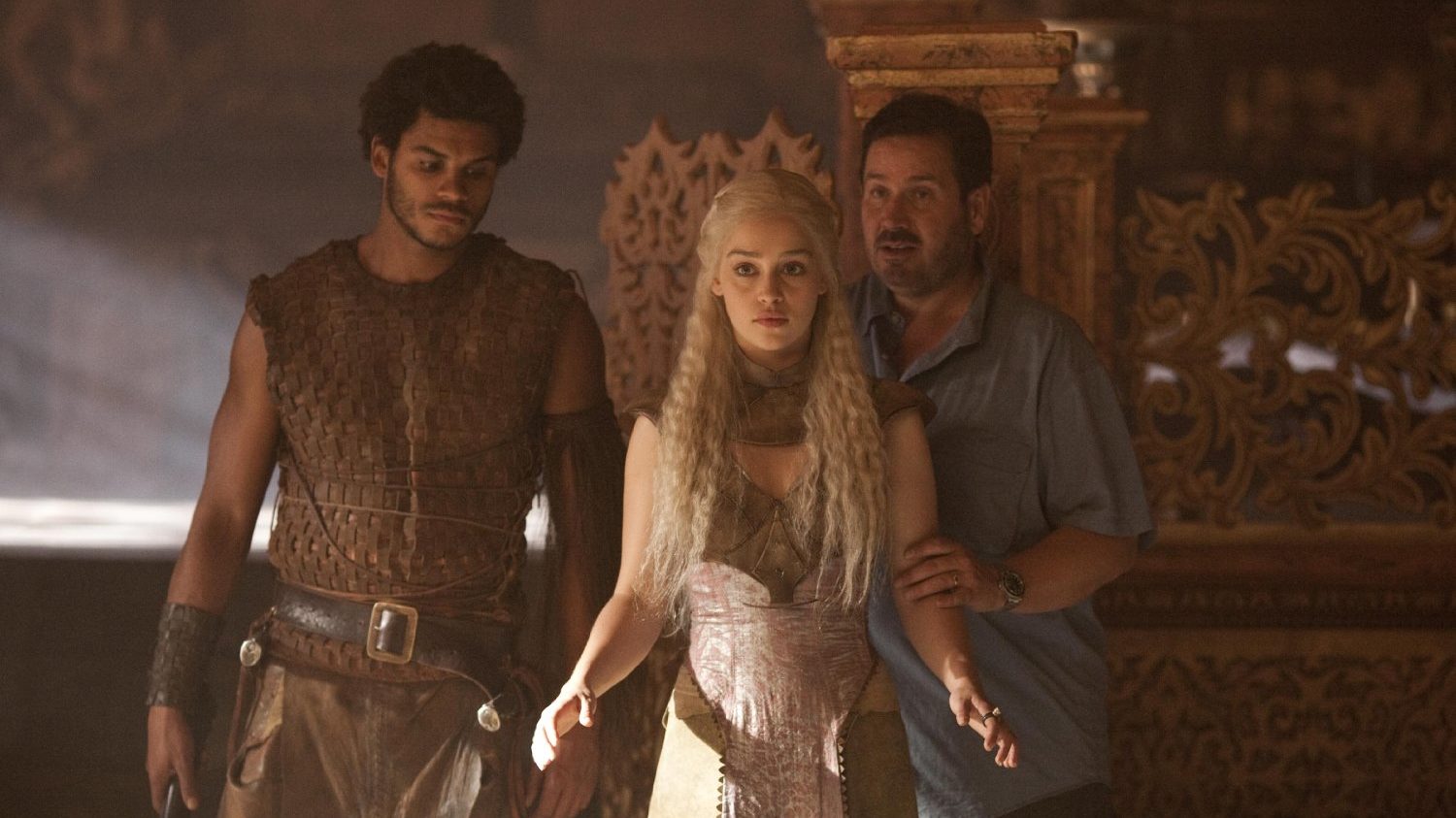 ©HBO/HOME BOX OFFICE
©HBO/HOME BOX OFFICE
Another aspect of his work is in the storyboard. Mr Nutter does many and plenty and more on top, in order to get as deep into the story as possible before the cameras even roll. This helps develop and illustrate the tone and attitude of the episode, which then translates into an organic cohesion between the show’s production departments—from the director of photography to the editor and the VFX technicians, to name but a few.
Given his success as a TV director, it’s normal to hear David Nutter say he is bombarded with pitches almost every day. Yet it’s the script that he’s usually interested in. Sure, the pitch might get a screenwriter through the door, perhaps, but if the story doesn’t captivate the director, he simply won’t touch it.
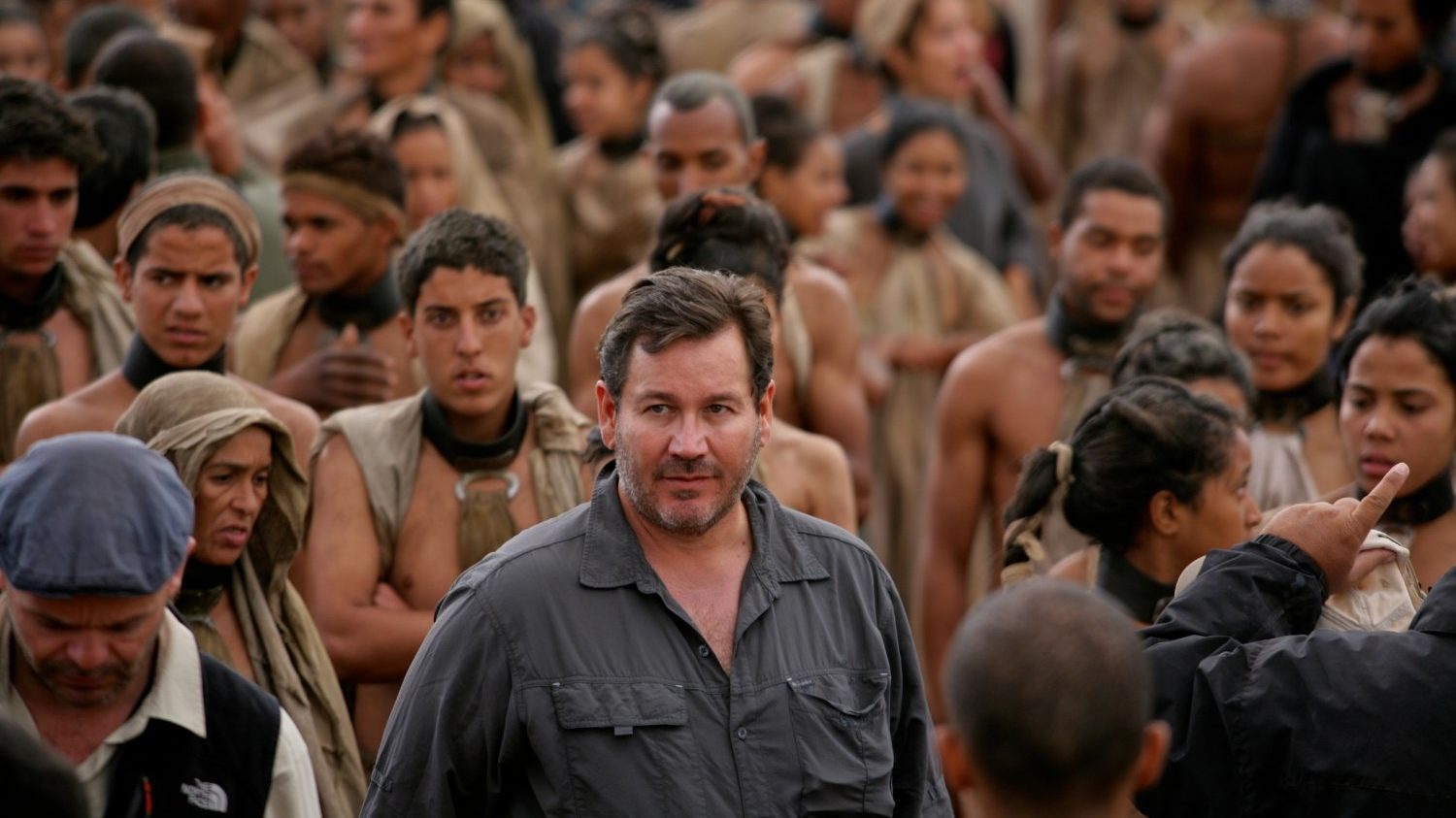 ©HBO/HOME BOX OFFICE
©HBO/HOME BOX OFFICE
And while he prefers pilots with their complete ‘birthing process’, he has also developed a keen sense of understanding for the directors that come in after him. After ‘Arrow’, Nutter arranged a big breakfast with the other directors, making sure they all sat down and watched the episode prior to starting work on the show. ‘A lot of times directors in television will come to a series, and they kind of feel like the odd man out’, he said.
He gladly references Sidney Lumet and Mark Rydell when describing his approach to helping the actors find their characters in the pilot. He declares himself a fan of rehearsals—most of the times. Other times, he says, blocking rehearsals altogether helps produce a certain kind of honesty one won’t get after a thorough repetition.
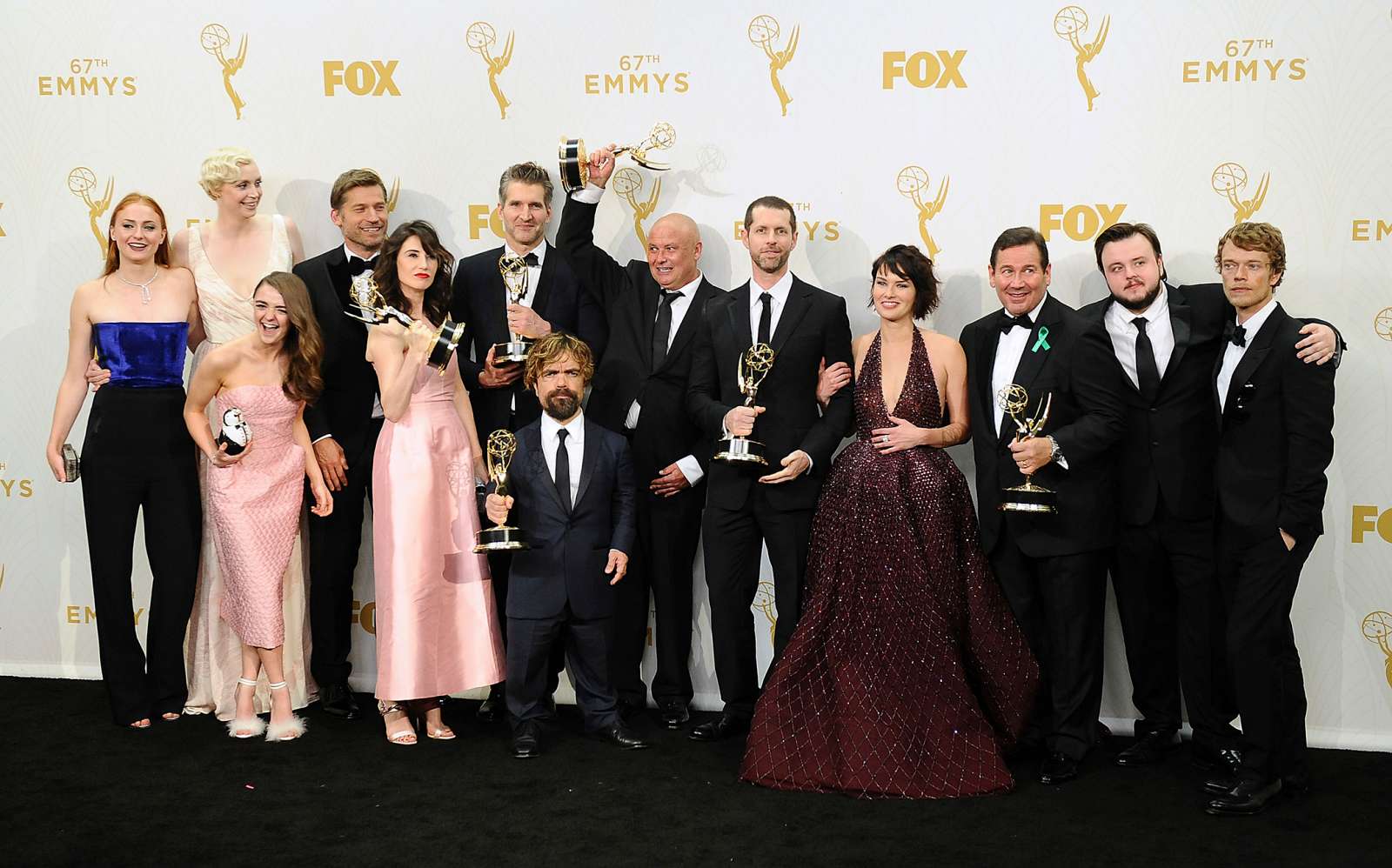 ©JASON LAVERIS/FILMMAGIC
©JASON LAVERIS/FILMMAGIC
Nutter also acknowledges that there’s a common thread for the pilots of his choice. ‘I’m attracted to shows where the characters have a void in their life. It’s that deep emotional thing the audience can grasp onto that I try to bring out as a director.’
David Nutter has already established himself as the kind of specialist that any showrunner would want to work with. His devotion and detailed involvement have brought him additional executive producer credits since ‘Millennium’ on almost every episode under his care. He has directed the pilots for some of my all-time favourite series, and so I’ve learned to pay more attention to the opening credits of any show that I might be into next. There’s a chance he’ll be the creative engine behind that one, too.
Jules R. Simion
Jules is a writer, screenwriter, and lover of all things cinematic. She has spent most of her adult life crafting stories and watching films, both feature-length and shorts. Jules enjoys peeling away at the layers of each production, from screenplay to post-production, in order to reveal what truly makes the story work.
Artist Spotlight: Cara Gee and the Art of Thespian Intensity
There are few people on the screen that have had a lasting impact on my senses. Few performances…
Artist Spotlight: Wagnerian Powerhouse Meagan Miller
Juilliard-trained dramatic soprano Meagan Miller is one of the leading Wagnerian specialists of…
Artist Spotlight: Neil Gaiman
I will never forget the day I discovered Neil Gaiman. I borrowed a copy of ‘American Gods’ from a…
Don't miss out
Cinematic stories delivered straight to your inbox.
Ridiculously Effective PR & Marketing
Wolkh is a full-service creative agency specialising in PR, Marketing and Branding for Film, TV, Interactive Entertainment and Performing Arts.
